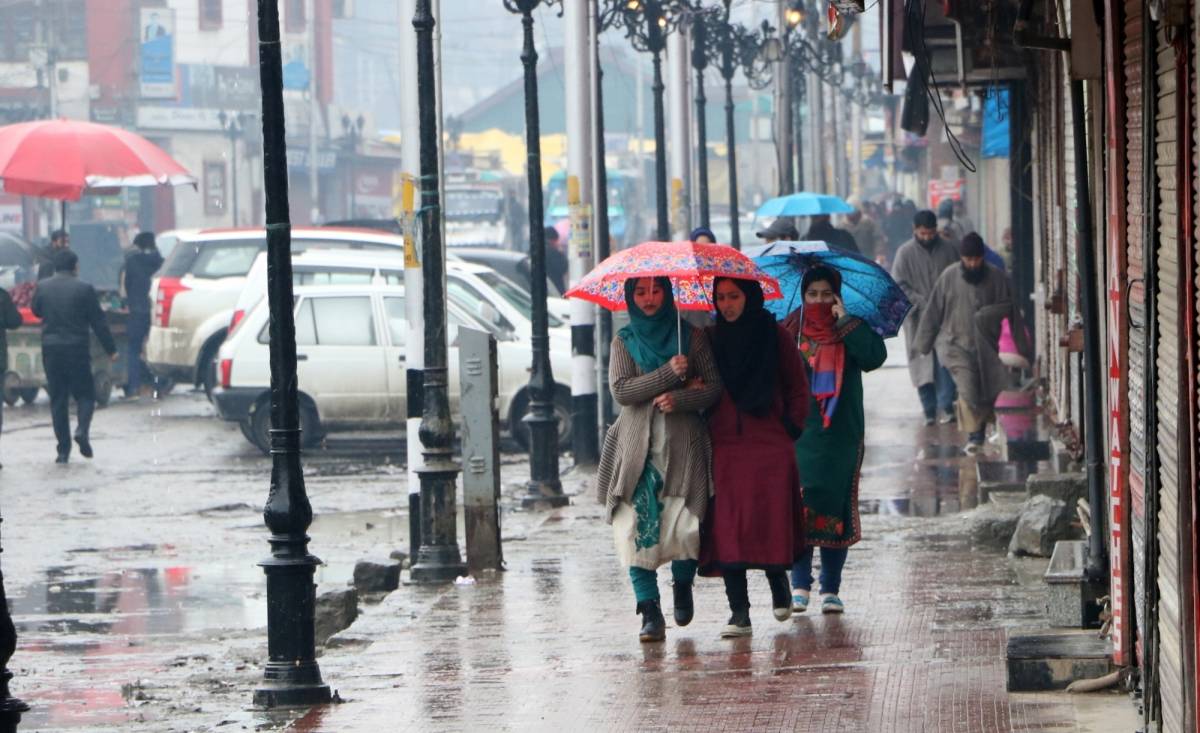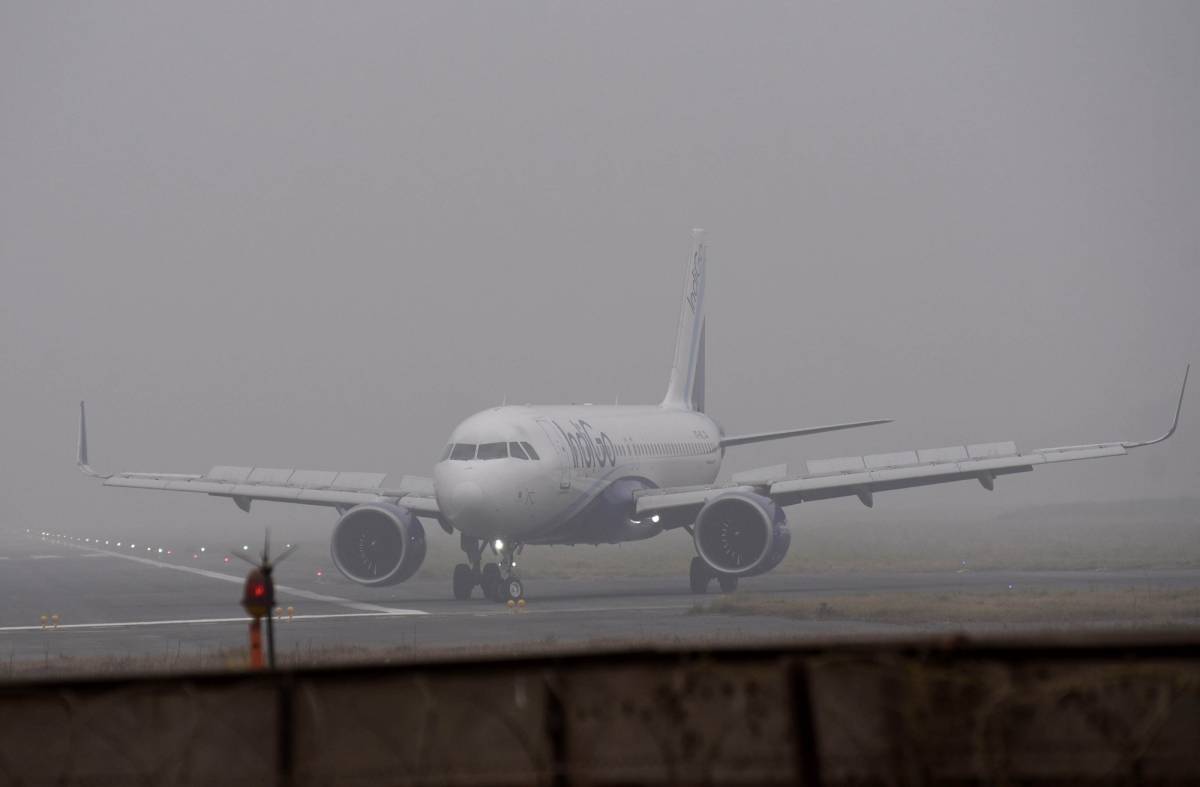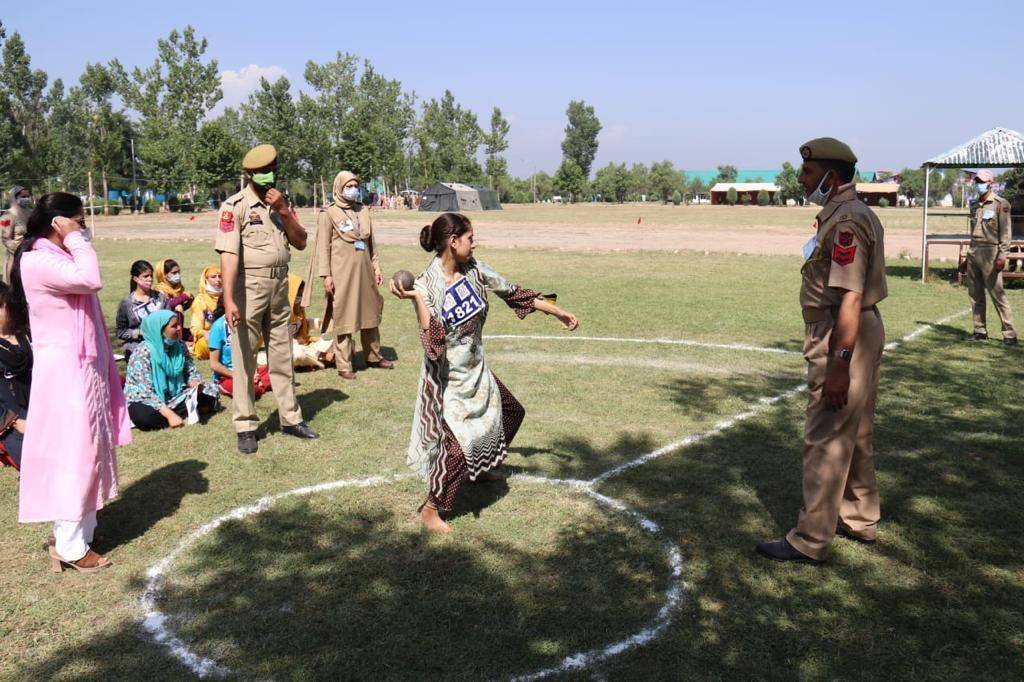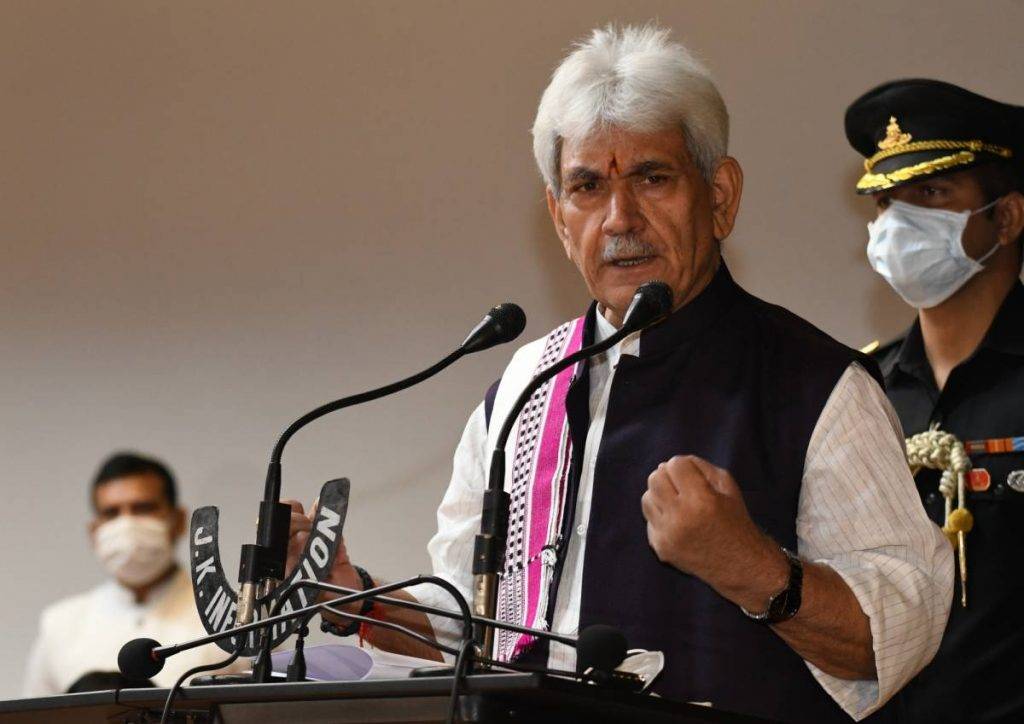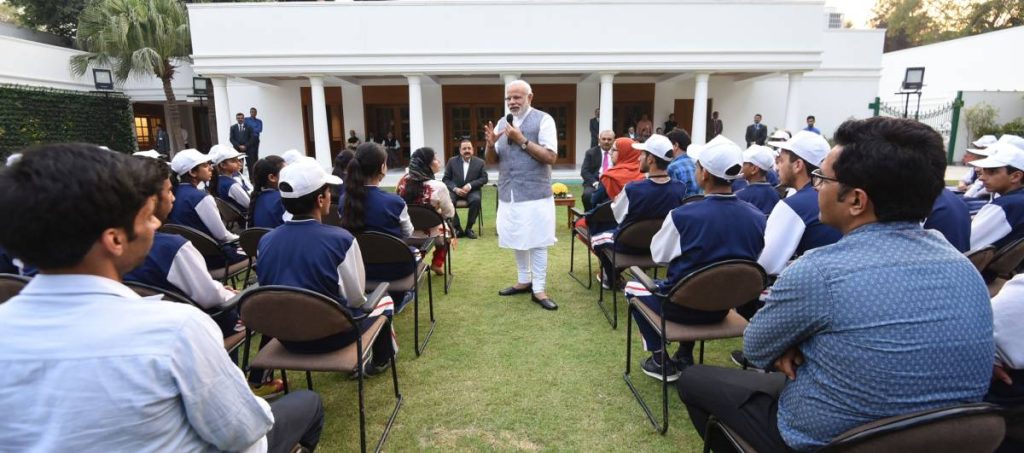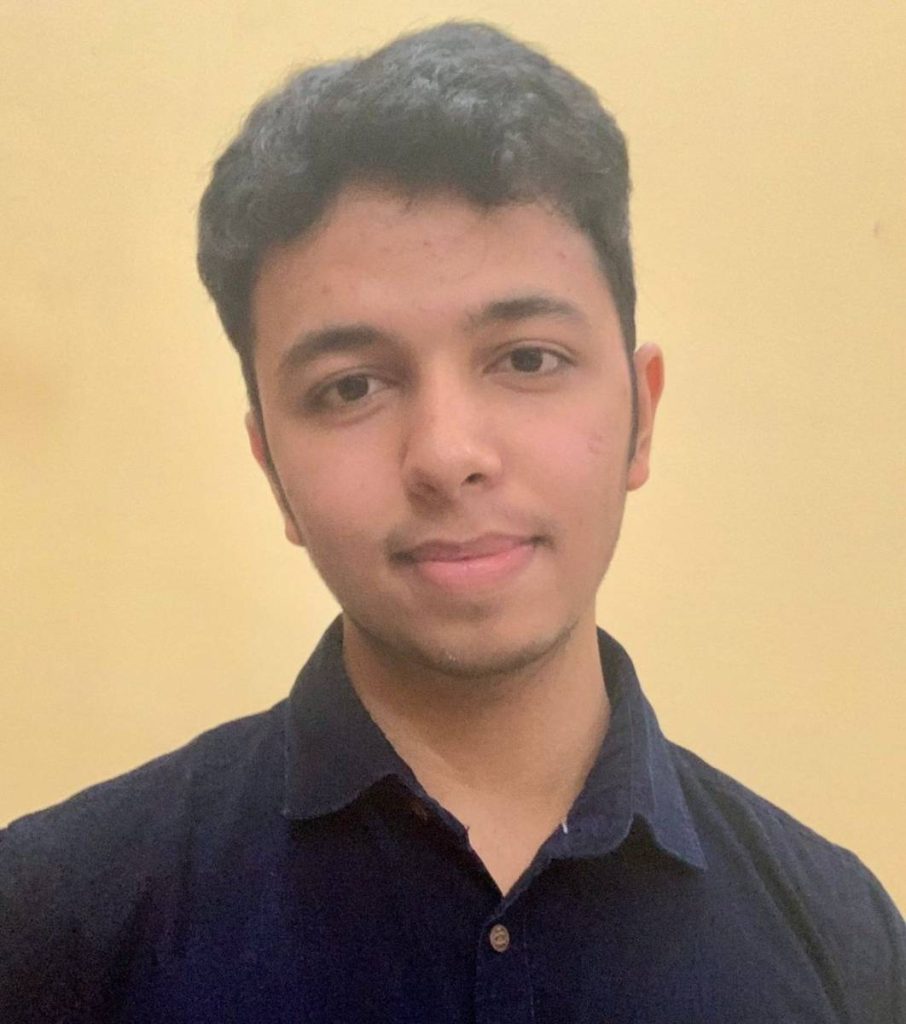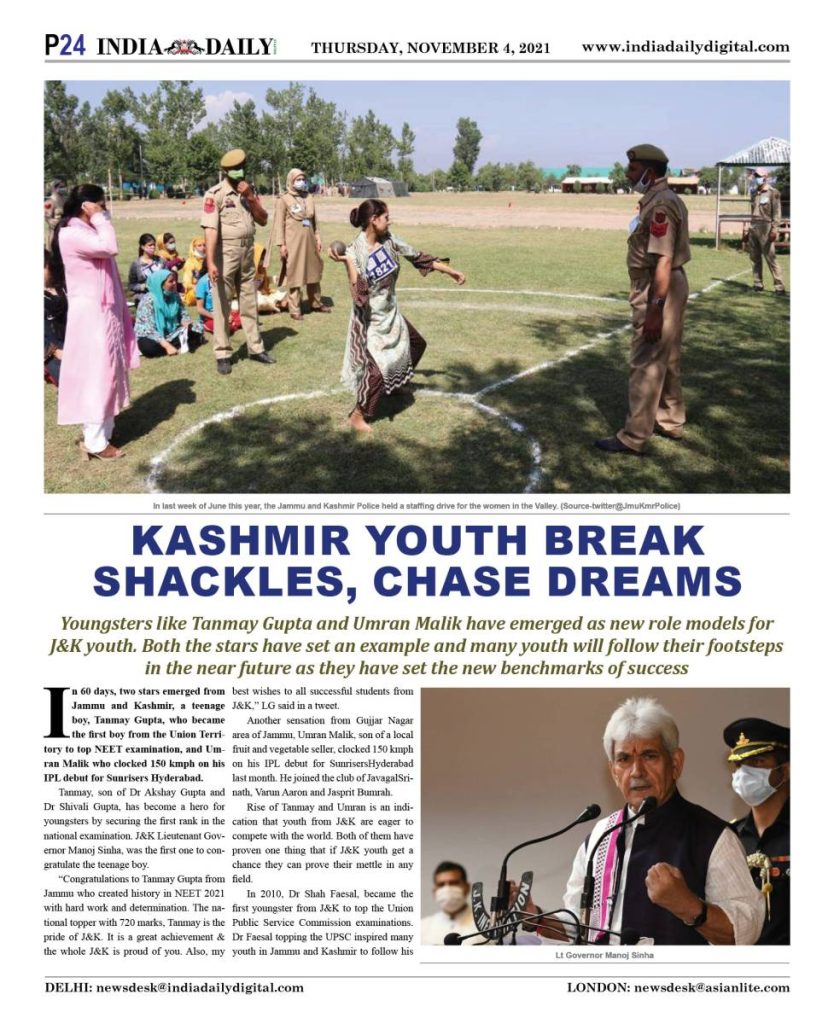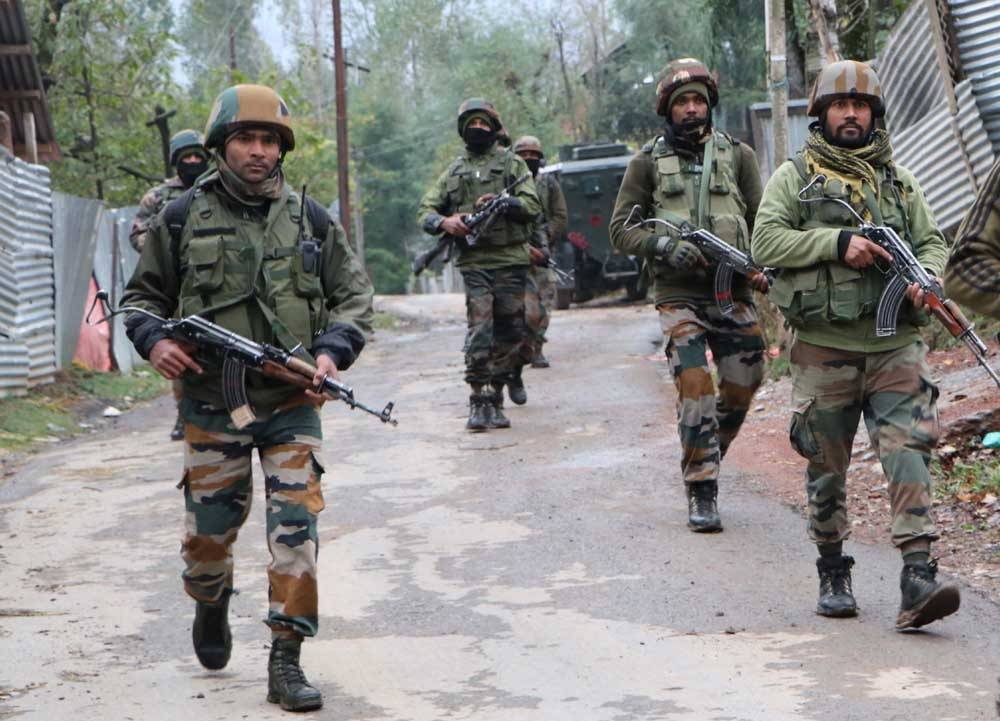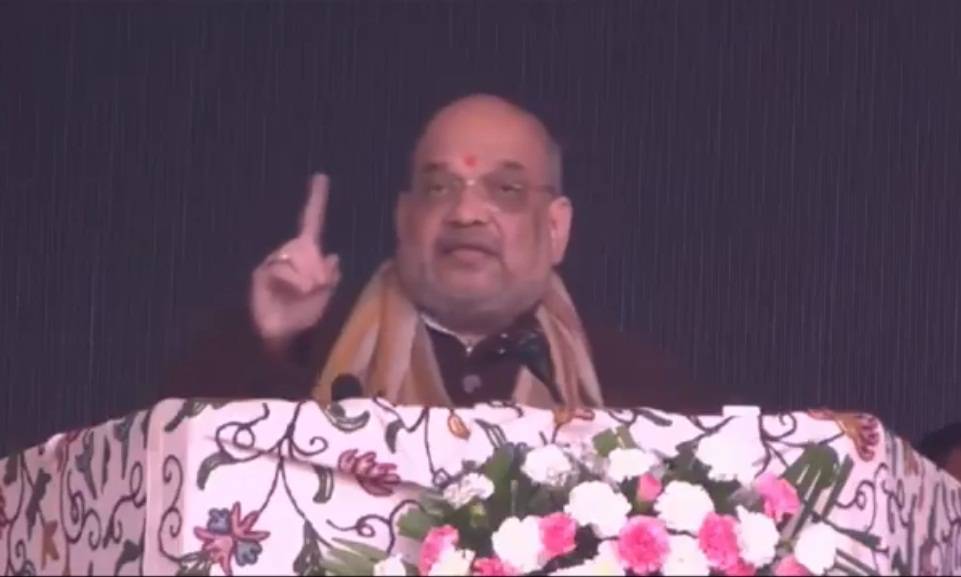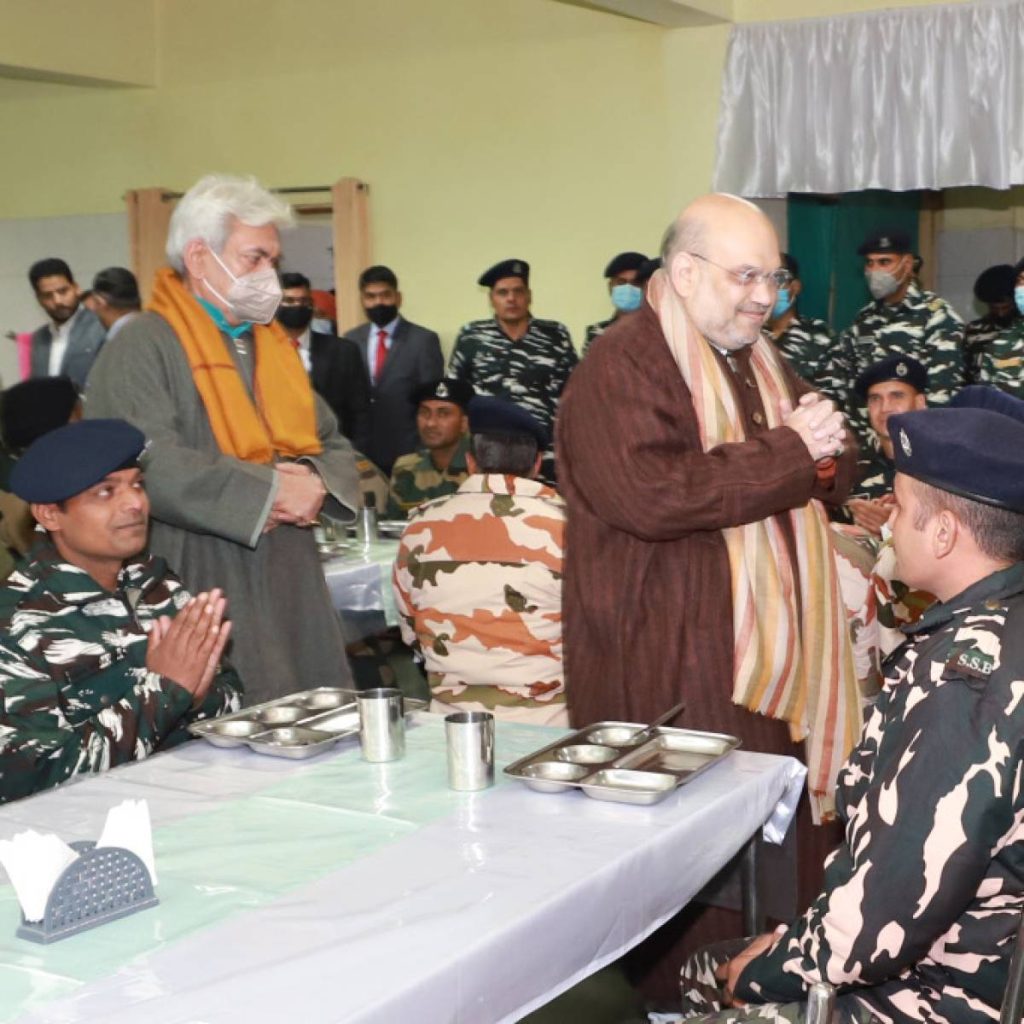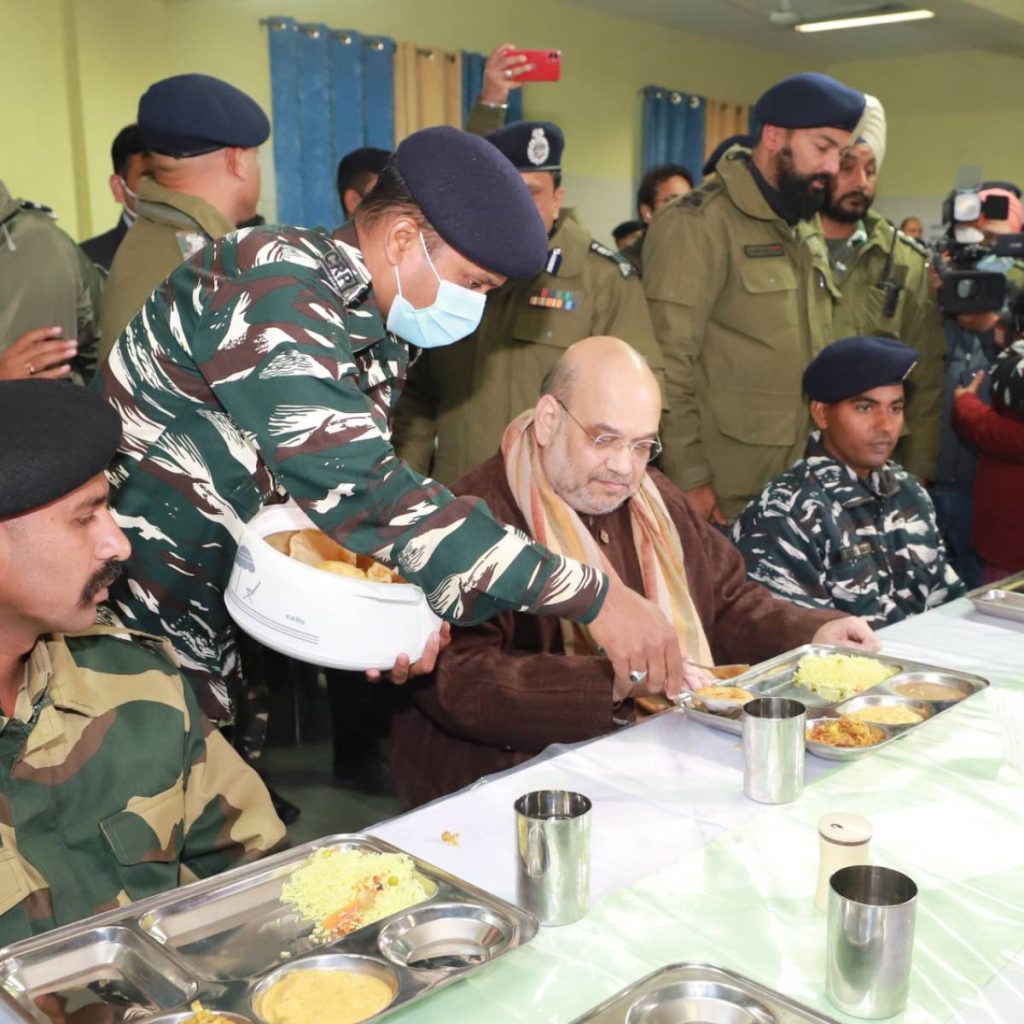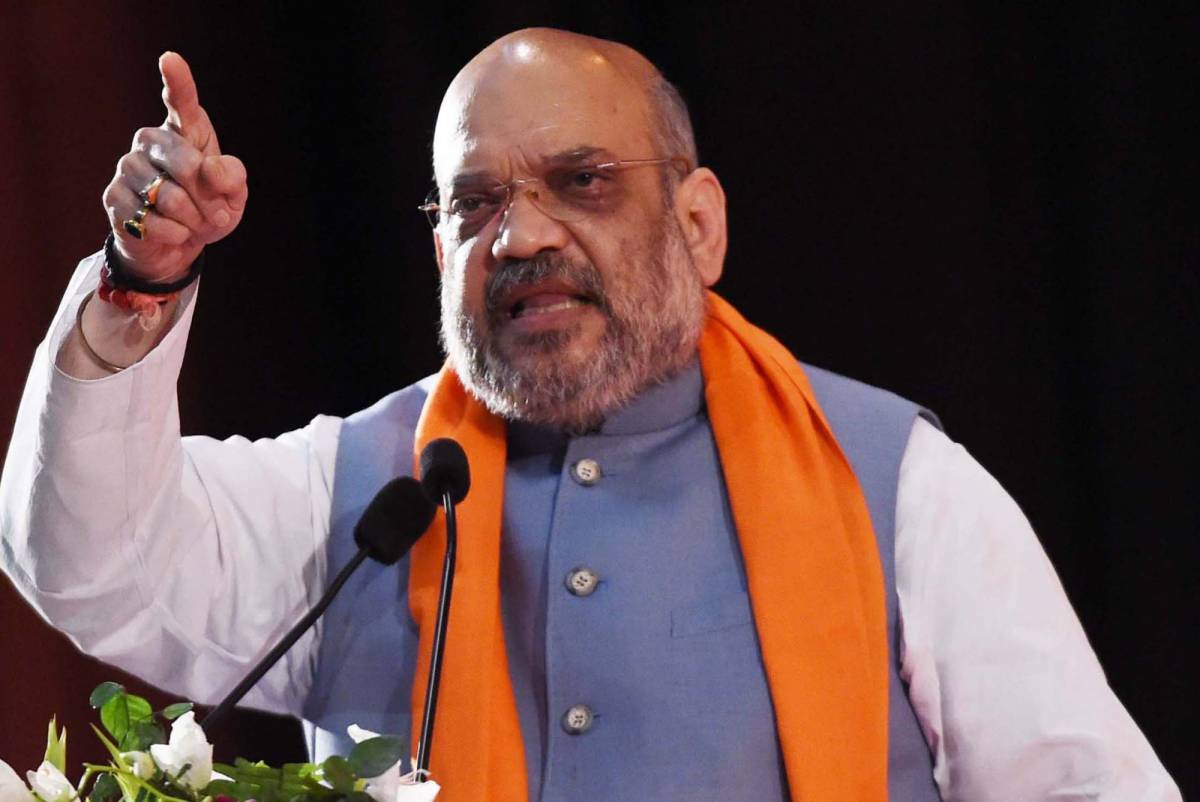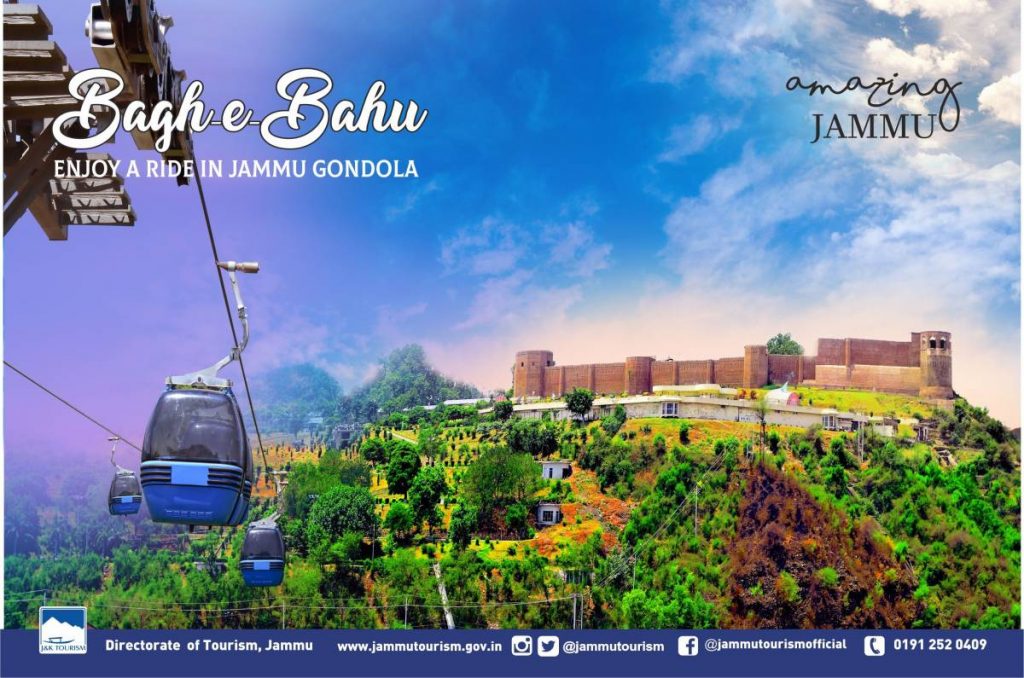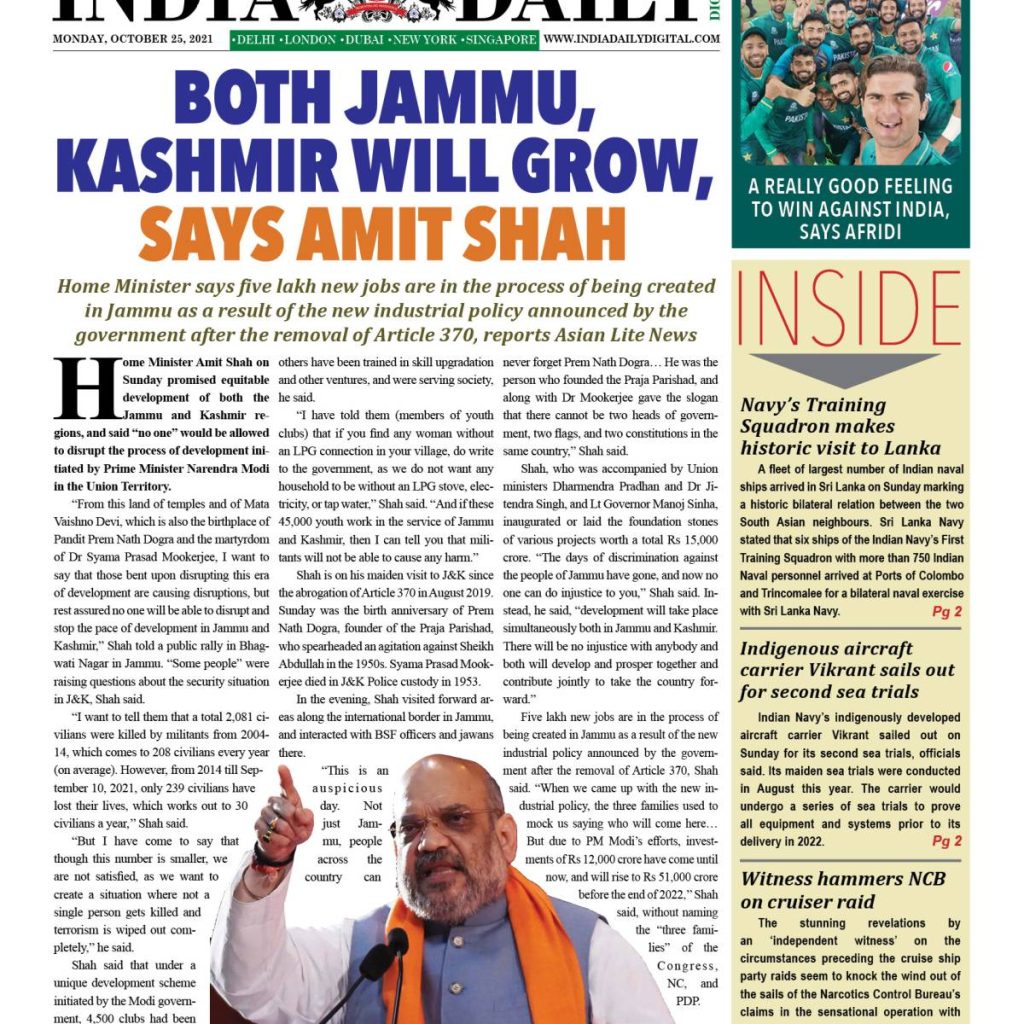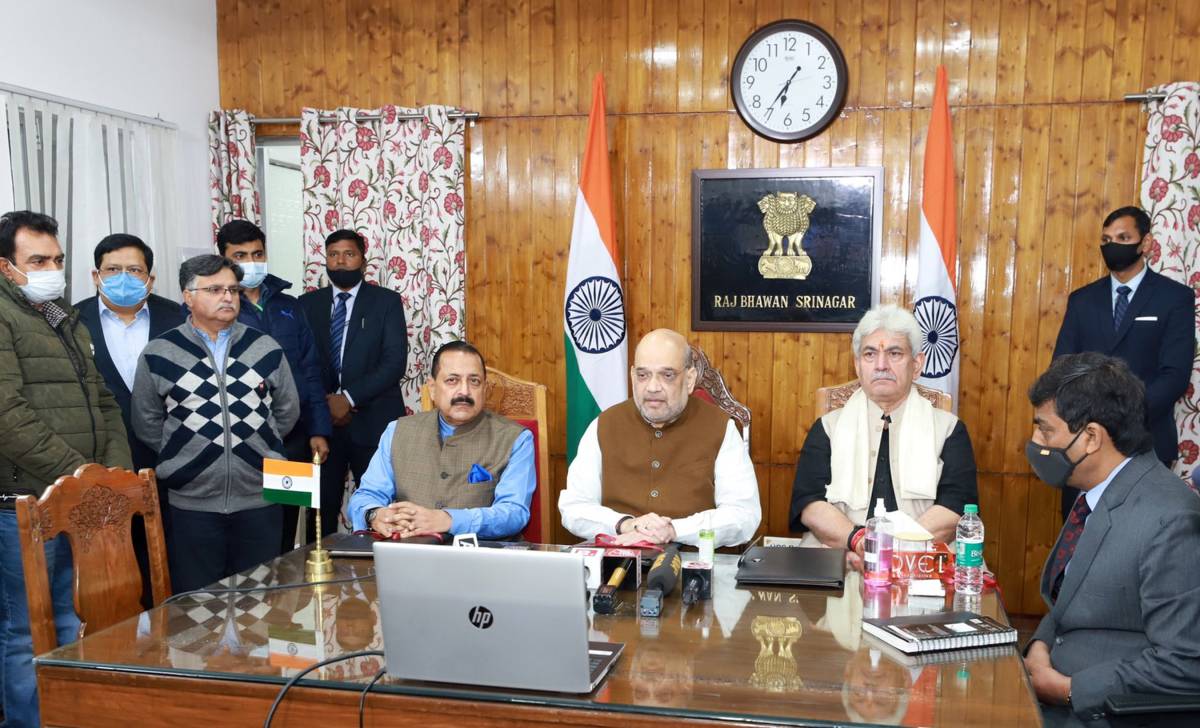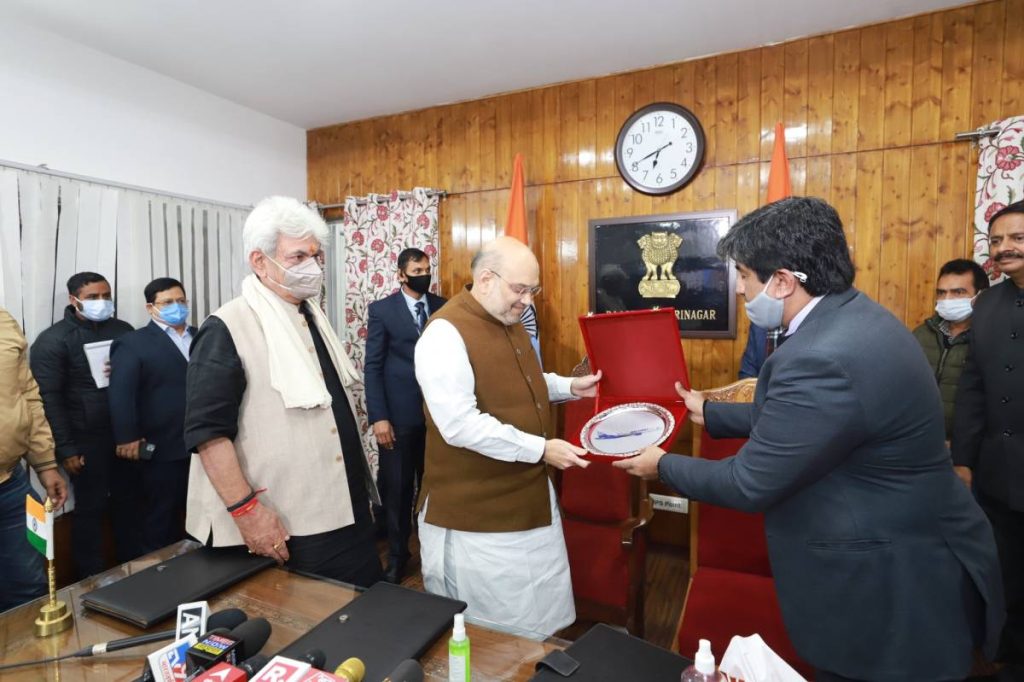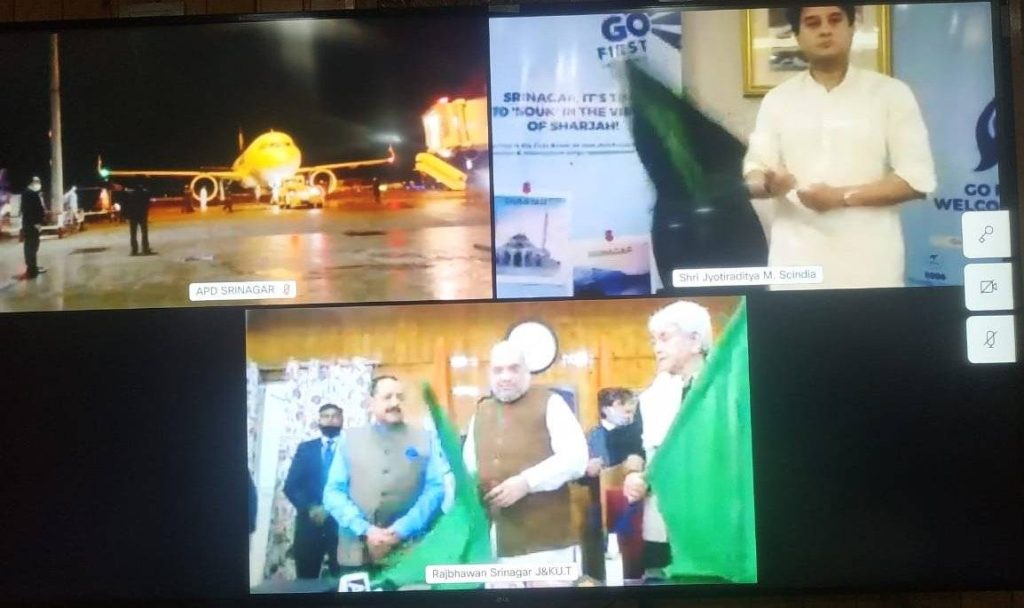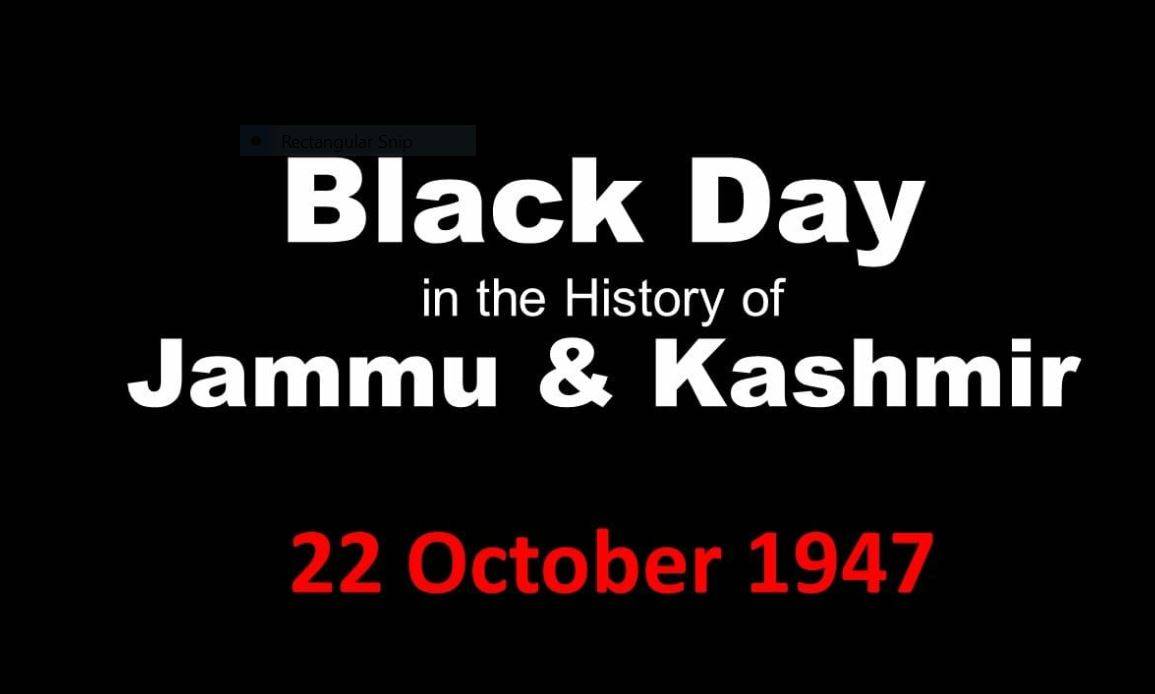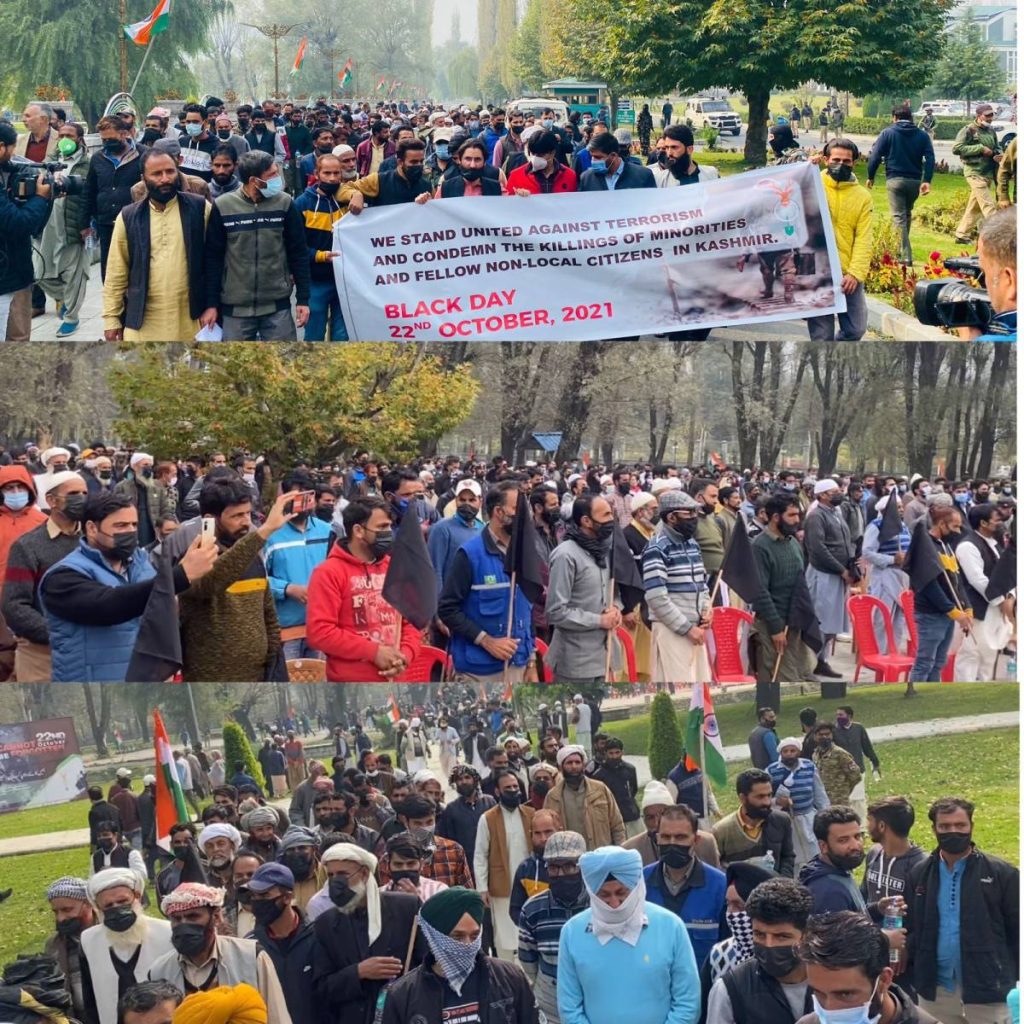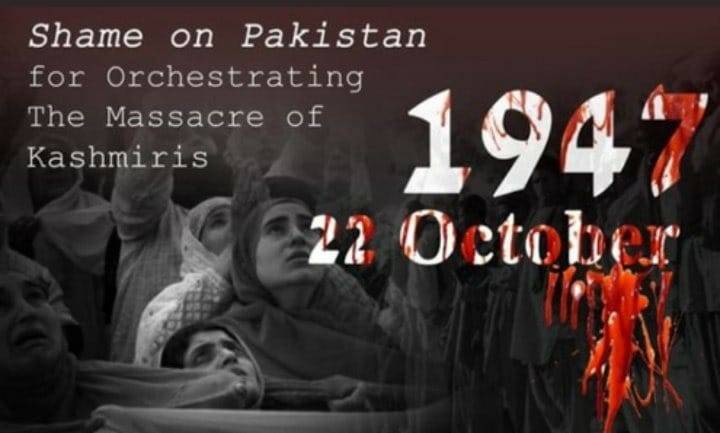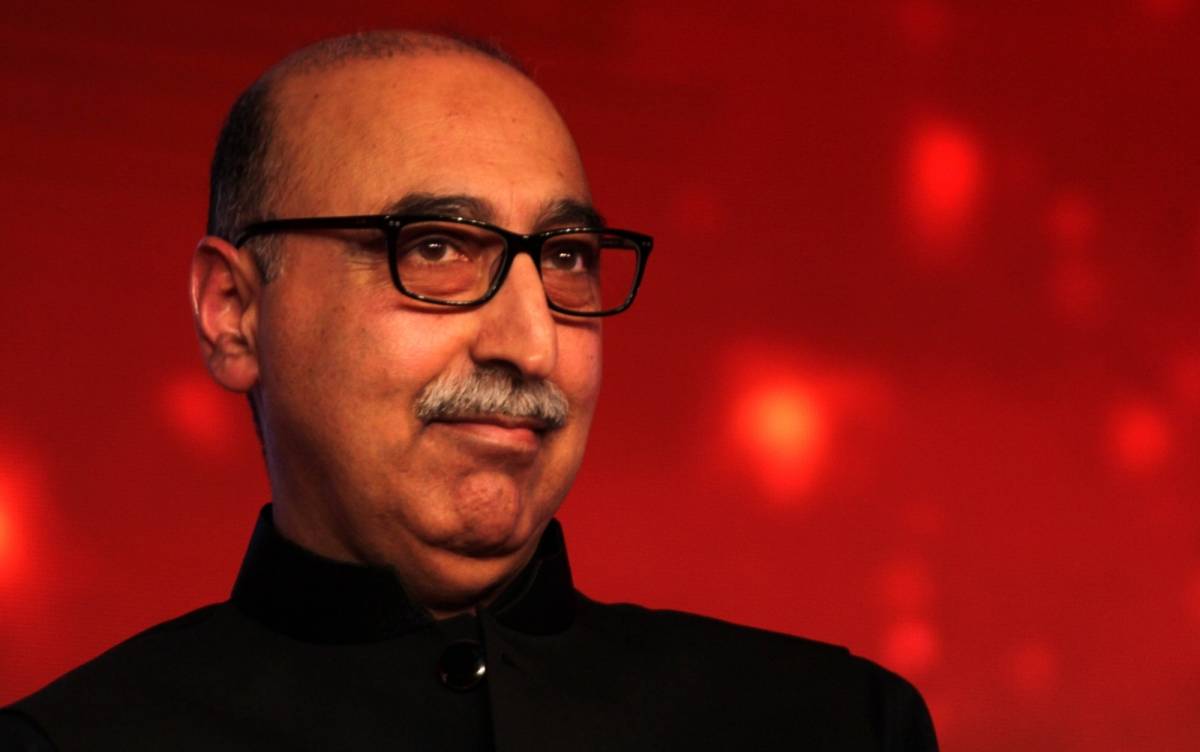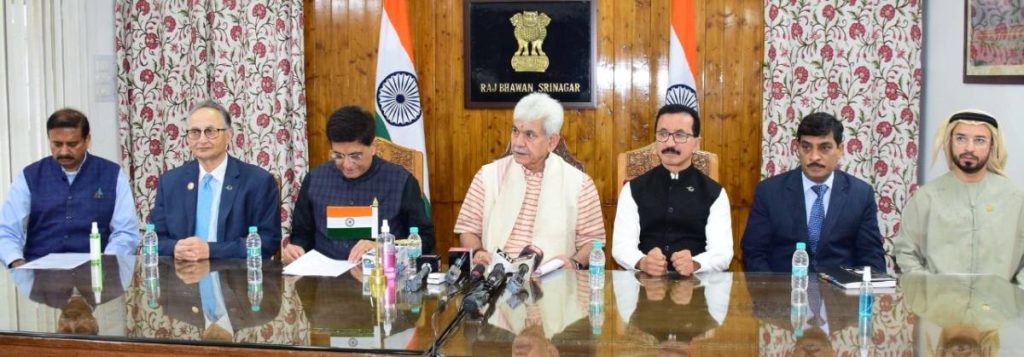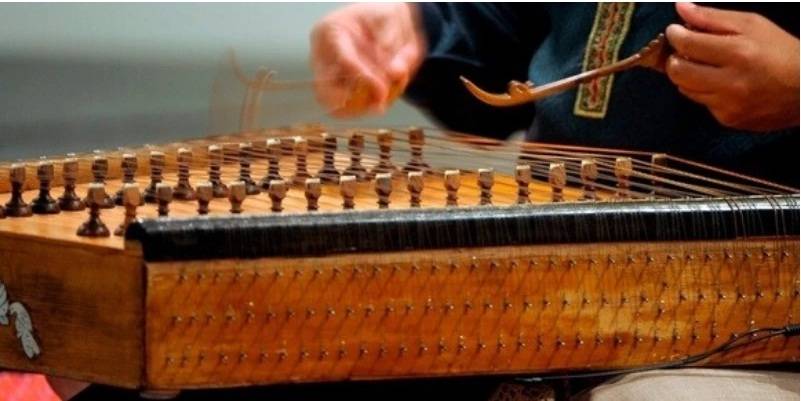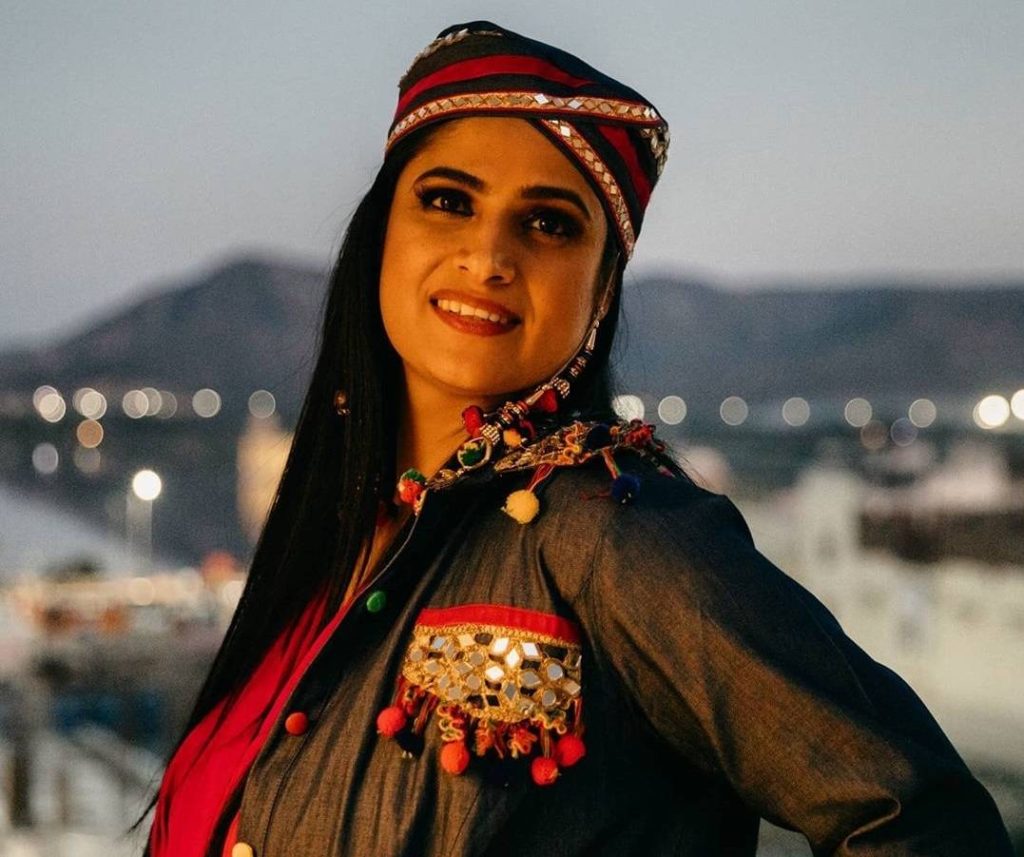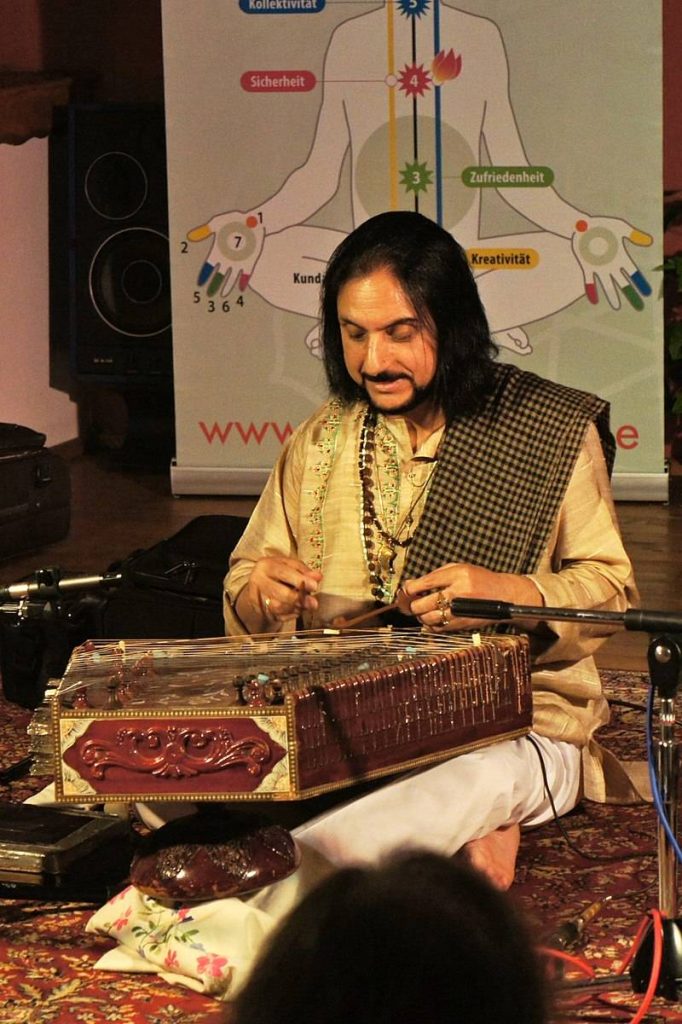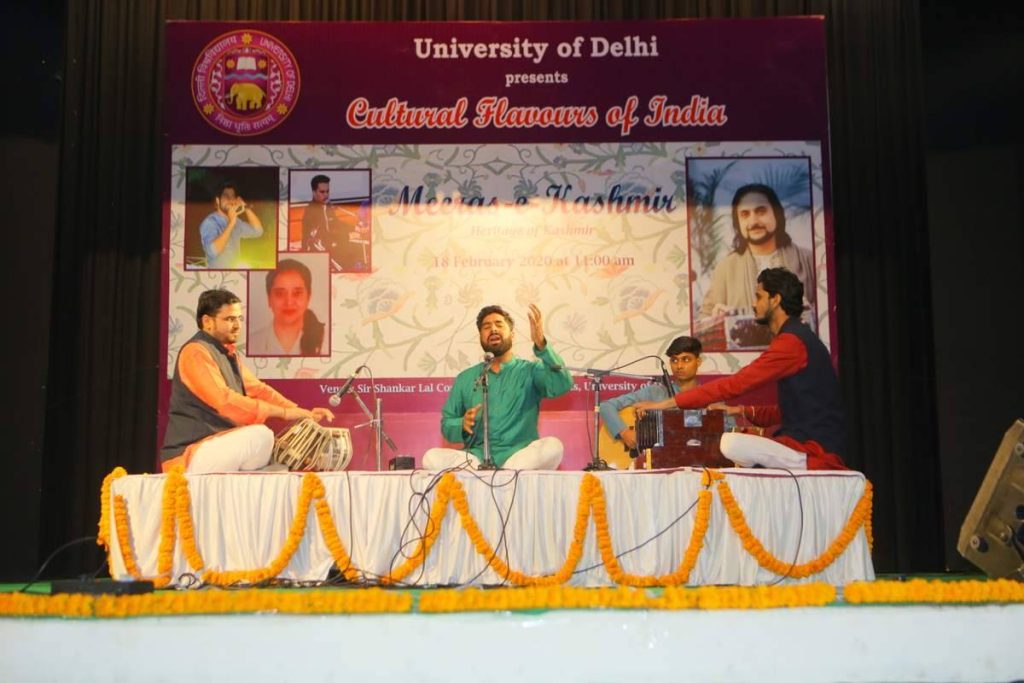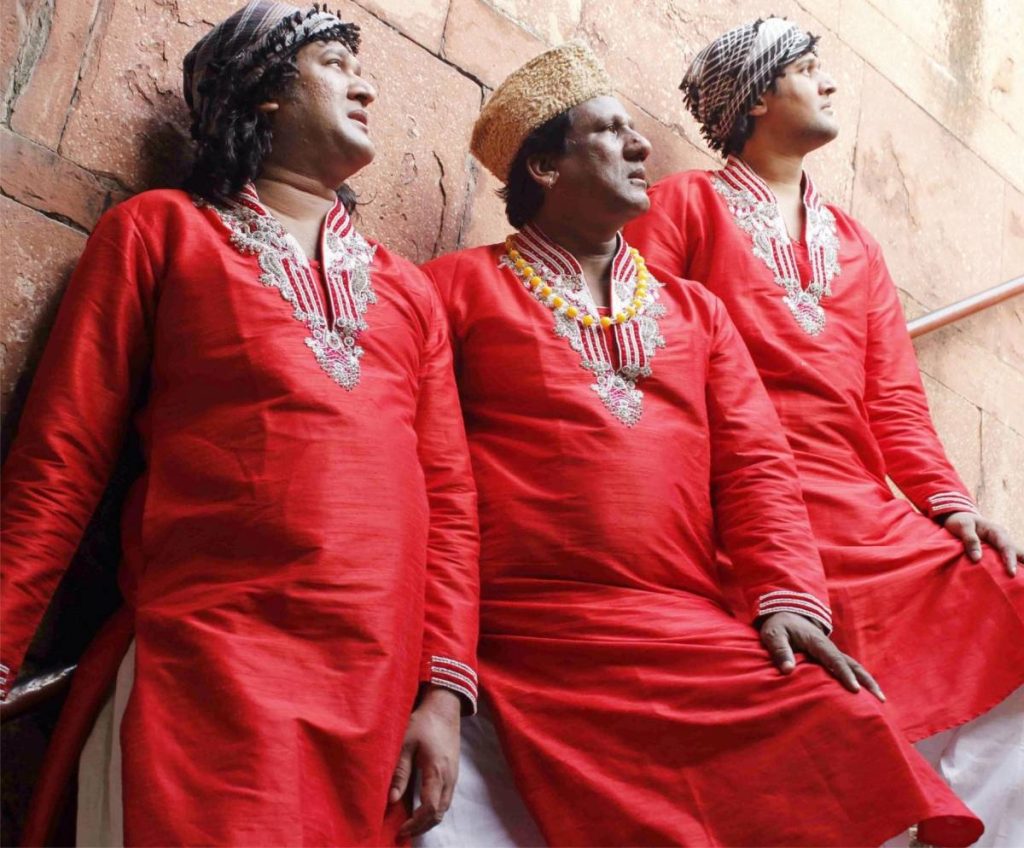According to the PAI report, the J&K UT has performed well in terms of Covid-19 immunisation achievement and other fields. It has done well and is the second best governed union territory in India….reports Asian Lite News
A not-for-profit research think tank, the Public Affairs Centre (PAC), adjudging Jammu and Kashmir as second best governed union territory in India has vindicated the Centre’s August 5, 2019, decision to scrap J&K’s special status and reorganise the erstwhile princely state.
The sixth edition of Public Affairs Index 2021 (PAI) from the PAC is a non-partisan, independent and evidence-based study using only Central Government data available in the public domain.
The PAI is a data-based framework that measures the quality of governance at the sub-national level, and ranks the states and union territories on the basis of their performance in the sub-national governance for the overarching sustainable development pillars of equity, growth and sustainability, five themes — voice and accountability, government effectiveness, regulatory quality, rule of law and control of corruption and 14 sustainable development goals and 43 indicators. The PAI, 2021 has also included two new assessments of sub-national governance-scheme analysis and the Covid-19 response.
According to the PAI report, the J&K UT has performed well in terms of Covid-19 immunisation achievement and other fields. It has done well and is the second best governed union territory in India. The feat is a commendable one as such achievements on the governance front were not even heard of before J&K’s transition from a state into a union territory two years ago.
During the former political regimes the good governance in Jammu and Kashmir always took a back seat as it was never a priority. Dispensations led by Kashmir-based politicians during the past seventy years just kept on beating around the bush by raising questions over J&K’s accession with the Union of India.
The Article 370 — a temporary provision in the Constitution of India — which provided so-called special status to the Himalayan region proved to be a biggest impediment for J&K’s development. Poor people of the erstwhile state till August 5, 2019, were unable to avail the benefits of various centrally sponsored schemes that were available for the people of rest of the country. However, during the past two years, J&K has witnessed massive development as the government led by Prime Minister Narendra Modi has cleared all the stumbling blocks.
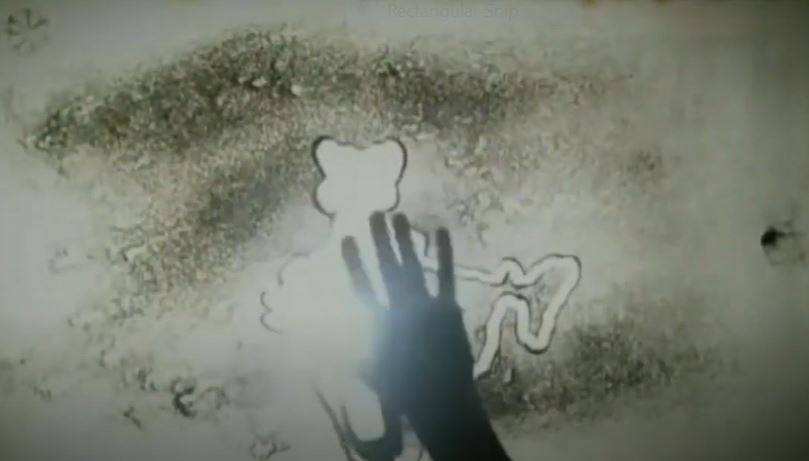
Policies, initiatives
After the abrogation of Article 370, the Centre announced several ambitious policies to boost development in J&K. These initiatives included a 6,000-acre land bank for setting up industries and increasing manufacturing, inviting top companies to invest in UT, creating new job opportunities for the youth and much more.
According to the officials, during the past 2-years forty companies, including Tata and Reliance, have shown interest to invest in different sectors in J&K and many proposals have been cleared.
After August 5, 2019, any citizen of India can buy immovable property in the UT. It has created an opening for private players to invest in real estate and other infrastructural projects in the Union Territory. The Real Estate (Regulation & Development) Act, 2016, notification becoming applicable in Jammu and Kashmir has paved the way for property development in the Himalayan region.
The opening of 8.5 km long Qazigund-Banihal tunnel on the treacherous Jammu-Srinagar National Highway has reduced the travel time between Jammu and Srinagar by about one and half hours. In 2020-21, Jammu and Kashmir also constructed a record 3,300km of rural roads under several schemes.
The Centre and UT administration are keen to complete All India Institutes of Medical Sciences (AIIMS), Indian Institute of Technology, Indian Institute of Management and 6,000 transit accommodations for Kashmir Pandit migrant employees working in the Valley.
The Udhampur-Srinagar-Baramulla railway project, which would connect Kashmir to the rest of India is set to get completed within two years. Similarly, AIIMS campuses at Vijaypur, Jammu, and Awantipora in Kashmir are likely to be established by 2023 and 2025, respectively.
Jammu and Kashmir last month achieved 100 per cent coverage of the first dose of Covid-19 vaccines for the age group of 18 years and above. According to the figures dished out by the officials 1,34,94,675, doses of Covid-19 vaccine were administered across the UT.
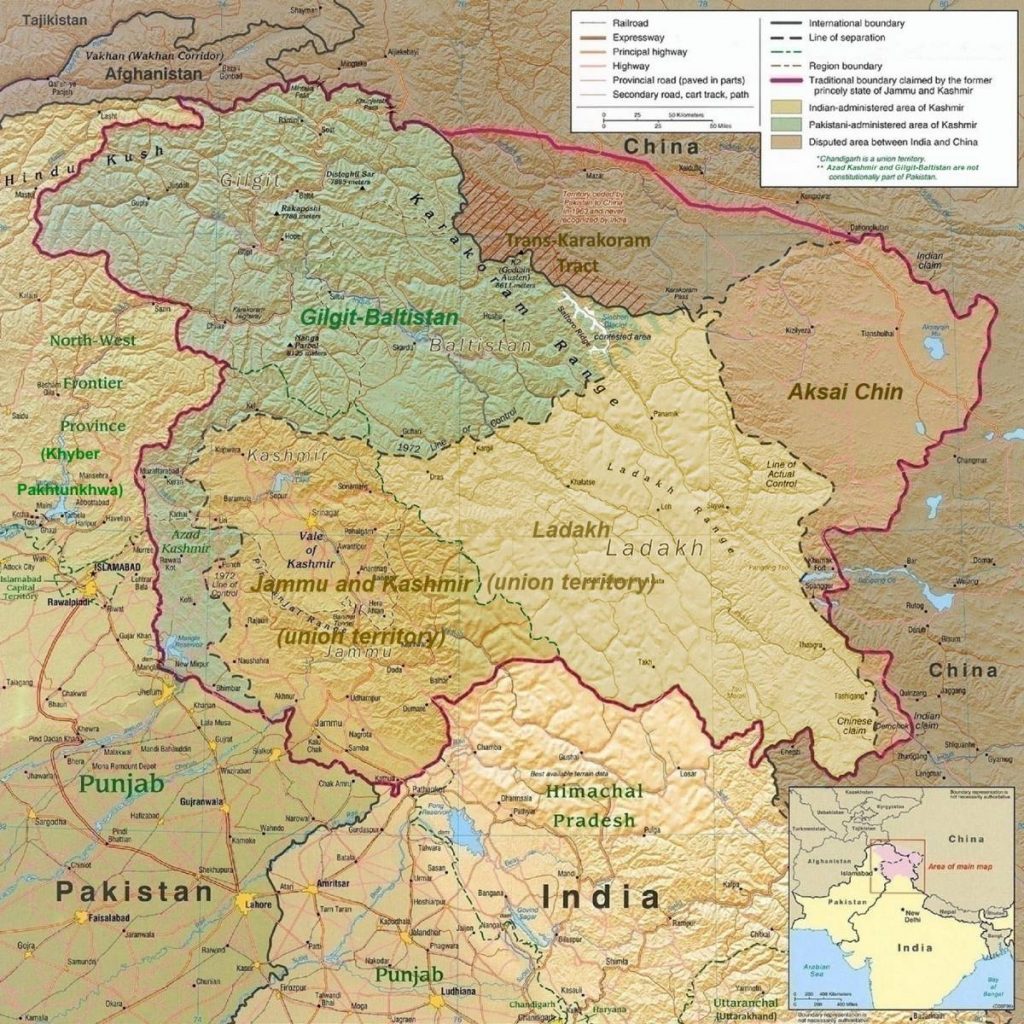
People centric moves
Union Home Minister Amit Shah earlier this year had stated that every family in J&K has been covered under Prime Minister Ayushman Yojana (PMAY) due to which they can spend Rs 5 lakh on their health expenses.
He had informed that the government has approved construction of 56,000 new houses under Prime Minister Awas Yojana (Urban) in J&K. “Till date 10,500 houses have been built and possession has been handed over to the deserving people in urban areas. Under PMAY (Rural) the government has given approval for building 1,36,722 houses of which 47,323 structures have already been handed over to the people,” Shah had said.
On August 31 this year, Shah launched a web portal for registration under ‘New Central Sector Scheme’ for Industrial Development of Jammu and Kashmir. After launching the portal, he said, “A new dawn of investment and industrial development will begin in Jammu and Kashmir with the launch of this portal. Today, the most attractive industrial policy of the country is here. Under this policy of the Modi Government, investment of more than Rs 50,000 crore will come in Jammu and Kashmir and under this, there will be all-inclusive, all-round development of the union territory.”
He said an open environment was created, and employment opportunities were created for Jammu and Kashmir after the abrogation of Article 370.
Other schemes like One Nation, One Ration Card, Ujjwala, Direct Benefit, Saubhagya and many others have been fully implemented in Jammu and Kashmir. The government is working on an ambitious target of providing tap water to every household before August 15, 2022.
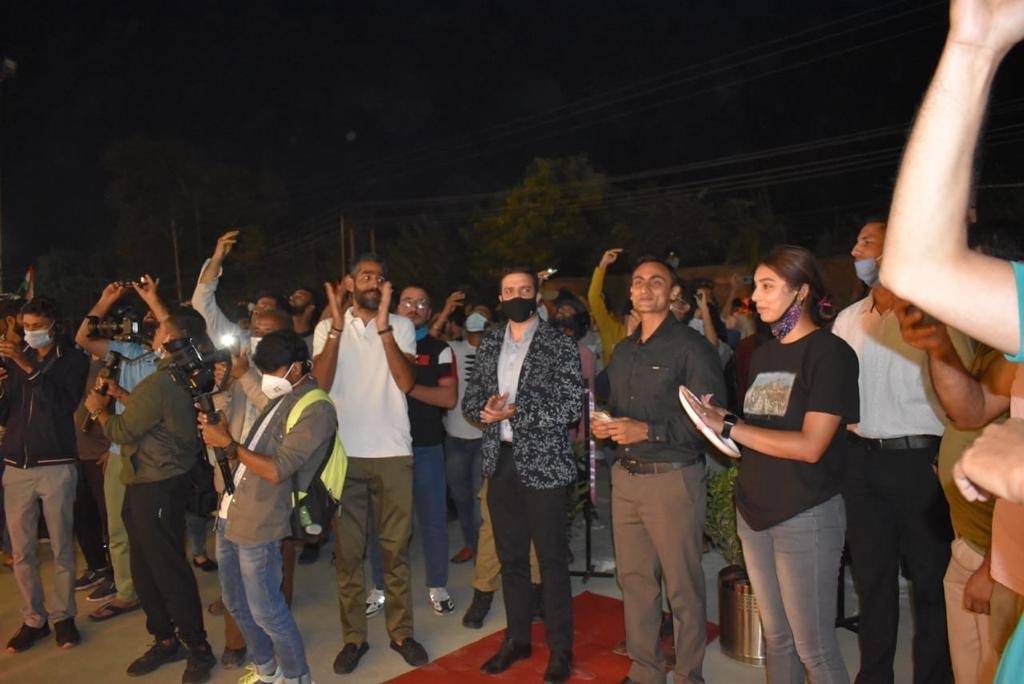
Administration becomes accessible
Soon after Manoj Sinha took over as the Lieutenant Governor of the union territory, he launched the Jammu and Kashmir Integrated Grievance Redress and Monitoring System (JK-IGRAMS) on September 11, 2020. The purpose of the new system was to create an interface with the public and focus on governance issues in J&K. Idea behind the initiative was to make administration accessible to a common man. On October 22, 2020, another step was taken to make the grievance redressal system more effective, LG Manoj Sinha held the first run of “LG’s Mulaqaat” — Live Public Grievance in Srinagar, and since then many rounds of LG’s live Mulaqaat have been held.
Jammu & Kashmir was the first union territory in the country to have district-level grievance offices with the central grievance portal to ensure prompt action. The grievance office was integrated with the Centralised Public Grievance Redress and Monitoring System (CPGRAMS) portal.
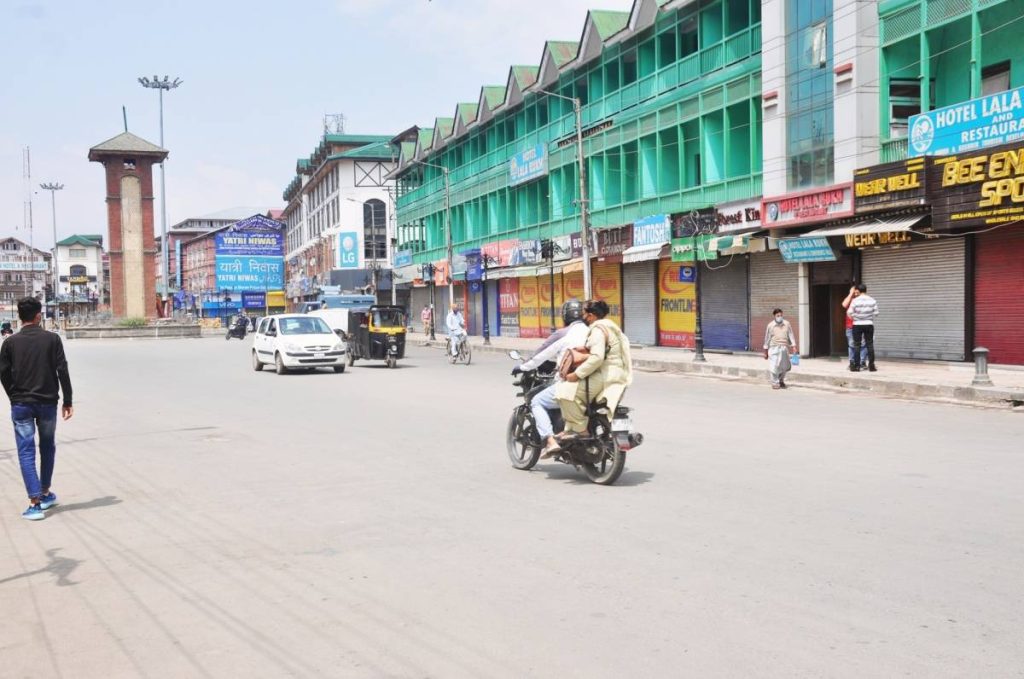
Results Speak
The initiatives taken by the Central Government and J&K administration have helped the union territory become the second best in India.
Despite Covid-19 pandemic wreaking havoc, the government has remained steadfast in its resolve to fulfill the promises that were made with the people when J&K’s special status was abrogated.
The politicians who ruled J&K since 1947 instead of focusing on governance kept on raking the issues that didn’t fall in their domain. The eccentric approach of the former rulers deprived J&K people of their due share. They kept a common Kashmiri away from the country by sowing the seeds of discord in his mind. But now, the situation has changed and a common man in J&K is getting all that what he yearned for during the past seven decades.

